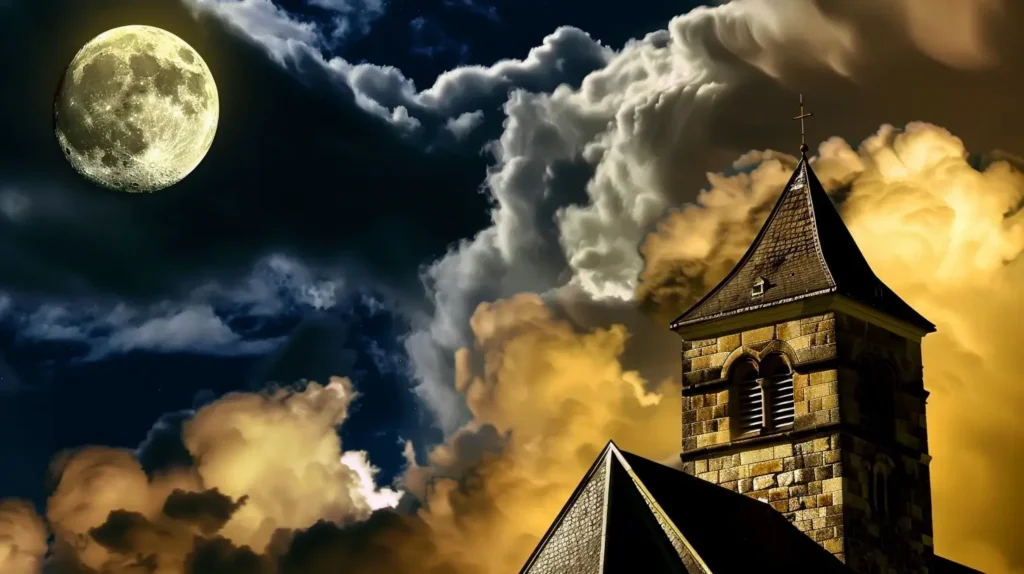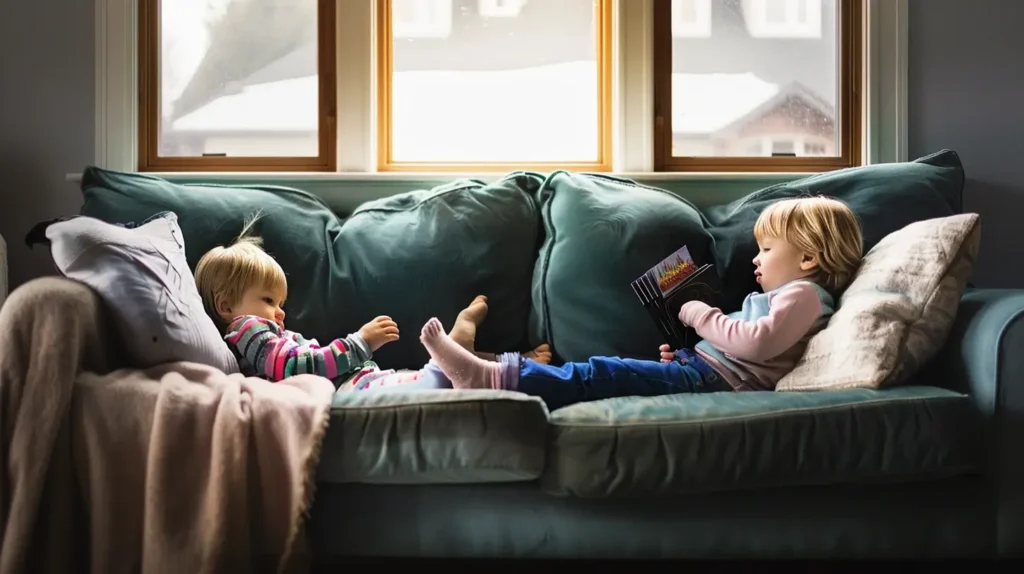Many people may have a question. Should Christians celebrate Halloween? In other words, this is a Christians and Halloween Celebration Debate. I hope the following viewpoints can help you solve your doubts, and the answer to the question may not be unique.
1.Origins and Church Roots
Halloween had very strong roots that were connected with church roots. It was once related to the old Celtic festival of Samhain, where the harvest ended and winter began. Later, the Christian Church took over this festival and converted it into All Hallows’ Eve-the eve of All Saints’ Day. It was an attempt to combine paganism with the Christian celebrations. Over time, Halloween evolved and continued to pick up various religious and cultural influences. Many believe that the church had a taming effect on the most superstitious aspects of the festival, turning it more of a devout celebration than it previously was. However, many questions have been thrown around within Christianity regarding its appropriateness. For some people, it is just a time of festivity with a little connection with the church, while to others, today’s practice of the holiday is divorced from its spiritual roots. Ultimately, knowing what Halloween really originated from and what its church roots were is a great intelligence that helps many consider where it fits into their own set of faithful traditions.

2.Seeking Truth in Celebrations
The search for truth in celebration is a pertinent topic for most faith families. For example, whether to celebrate Halloween or not has more often than not become a matter of personal conviction and family values. God’s will urges us to be obedient in faithful decision-making; however, at the same time, cultural holidays create opportunities for family reunions and shared joy.
It is what Christians should know: understanding the meaning and origins of celebrations. Studying and praying keep the mind clear when celebrating and not pressuring ourselves with worldly desires. Besides, respect to the lost life and not taking death lightly is a major part.
Ultimately, every family must decide how they will celebrate based on their conscience and convictions, making sure that all things done are done purposefully to the honor of God.
3.Cultural Views on Death
Death is taken very differently around the globe with respect to different cultures. Some take this as a natural transition and celebrate it with some rituals and ceremonies, keeping the one who died well in the memories. Such customs are particularly helpful to the community as they bring everyone together to share the hard times. On the contrary, in other cultures, death is a taboo or something dreadful; hence, people never speak about it if somebody dies. How people deal with death often shows their beliefs in the afterlife and the meaning of life itself. For example, some culture believes in reincarnation, whereas others remember the dead by constructing memorials and telling stories. Furthermore, today’s media and entertainment create a context of drama or insignificance about death. Such a point of view will enable us to show respect for others’ experiences of loss and bereavement based on their cultural understanding of death.
4.Middle Ground Approaches
Somewhere in between, finding a balance in whether Halloween is to be celebrated by Christians or not can be pretty tricky to deal with. Rather than embracing the holiday or jettisoning it, some families may want to approach it thoughtfully. That could mean choosing non-violent costumes and focusing on the fun aspects: sharing candies and community activities. Many families hold alternative events, such as harvest festivals or themed parties, that accent positive messages and values. Second, Halloween can serve as an evangelistic opportunity: handing out Gospel tracts along with the treats is one way. Such choices allow Christians to participate in Halloween without sacrificing faithful obedience. Every family prayerfully has to decide how it will approach the issue and its actions need to be consistent with what they say and still enable them to enjoy seasonal celebrations.
5.Family Decision Making
Every family is unique, and the choices a person makes about their own family when it comes to Halloween will vary significantly. Some immediately jump into costumes and candy, while others may find this holiday not in line with their personal values. Parents should discuss their belief system and decide accordingly. Consider what feels right for you and your family, and how you might celebrate in a way that expresses your convictions. You can even develop your own traditions: maybe a fall festival that has positive themes associated with it, or a game night instead of the trick-or-treating thing. Sometimes it’s good to let the children be in on the conversation, so maybe they can understand why Mom and Dad have made certain choices. The goal is to have fun this season-together-and be reflective of what your family is all about. Pray now, and take time to reflect, choosing that which brings peace and joy into your home.

